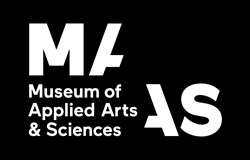Browse by:
Audience
Format
- Brainstorming
- Case studies (sessions containing multiple case studies)
- Case study (single case study abstract)
- Crowd-sourced interactive
- Exhibition
- Interactive
- Keynote
- Lunchtime activity
- Mentoring
- Networking – Structured
- Networking – Unstructured
- Panel
- Performance
- Planning
- Play
- Plenary
- Post-conference Activity
- Post-conference Workshop
- Poster
- Pre-conference Activity
- Presentation
- Problem Solving
- Professional Development/Skills Development
- Research
- Screening
- Strategy
- Tour
- Workshop
Session Length
Theme
- 21st century comms: emerging digital, technical and social trends to anticipate
- Analysing web and social media data
- Animation
- Asking good questions
- Australian science communication and international comparisons
- Behavioural insights
- Being critical of published research
- Bridging theory and practice of science communication
- Career building advice
- Career progression – I’ve been in sci comm a long time. Now what?
- Change agents: Social license to operate, economics and other infrequently discussed challenges to change
- Citizen science
- Collaborating with other communicators on big projects (division of responsibility, final authority and more)
- Comms for enhancing collaboration
- Communicating with industry for investment
- Controversial areas (vaccines, climate, GM, stem cells)
- Crossing borders: comms for enhancing collaboration (inter and trans-disciplinary, cross-cultural and more)
- Data tells stories: data journalism, mining and contextualising data for insightful comms
- Developing communication strategies
- Digital marketing
- Diversity and Inclusion within Science Communication
- Economics and other infrequently discussed challenges to change
- Emerging Digital
- Enjoying science communication – putting entertainment ahead of education
- Evaluations
- Events
- Fake News and Social Bubbles
- Freelancing 101
- History of Science Communication
- How to find and use influencers/spokespeople/ambassadors of science
- Image making
- Infographics
- International science communication
- Interrogate the reasoning behind scicomm practices today
- Knowledge transfer and mobilisation
- Learning science through play
- Media landscape matters (engaging with media, pitching to journalists, training scientists to speak with media, tips for gathering photo and video during fieldwork, writing for a lay audience, building up a ‘scientist’s’ brand or public image, how to build a media campaign)
- More about why: interrogate the reasoning behind scicomm practices today
- Moving out of your comfort zone!
- Multicultural
- Narratives
- On the ground with communities
- Participatory science communication
- Performance and arts
- Photography
- Podcasting
- Poetry
- Policy and politics
- Research collaborations
- Risk comms and behavioural insights
- Science communication for beginners
- Science communication for early learners
- Science communication for gurus
- Science communication international (examples of research, collaborations, comparisons)
- Science education and science communication in schools
- Science education in museums
- Scientists becoming science communicators
- Social license to operate
- Technical and social trends to anticipate
- Technical communication and implementing style guides
- The business of running your own business
- Using knowledge from other areas in sci comm (ie marketing, behaviour change, public health campaigns)
- Using social science to inform science communication
- Video production
- Visualising science in all its forms
- Working with constraints: bosses, budgets and other career-shapers
- Writing and editing
When
- Pre-conference – Sunday 11 November 2018
- Day 2 – Monday 12 November 2018
- Day 3 – Tuesday 13 November 2018
- Day 4 – Wednesday 14 November 2018
- Post-conference – Thursday 15 November 2018
Still to come:
- still accepting round two case studies, general presentations, posters. More info…
